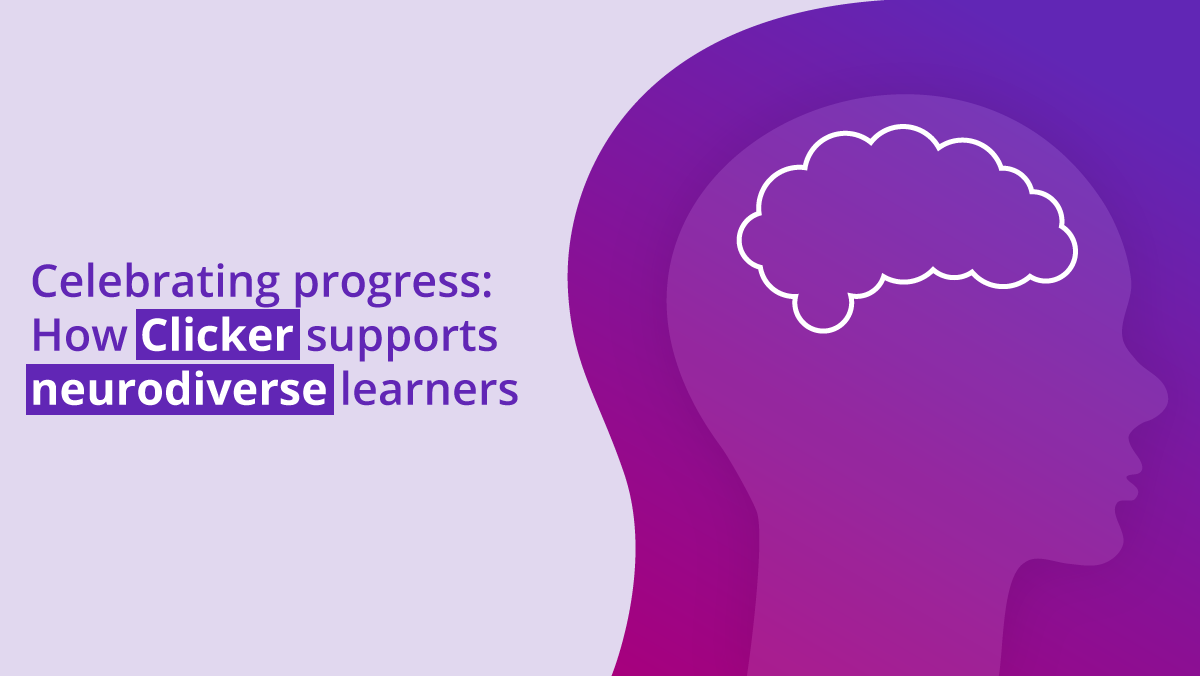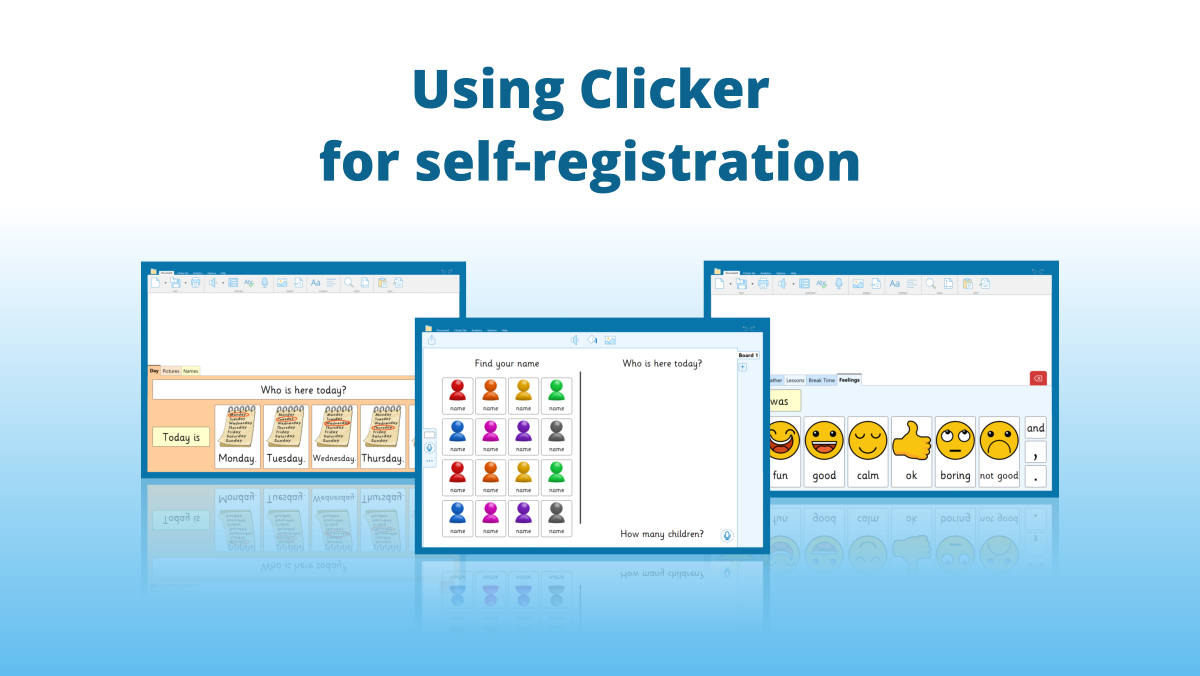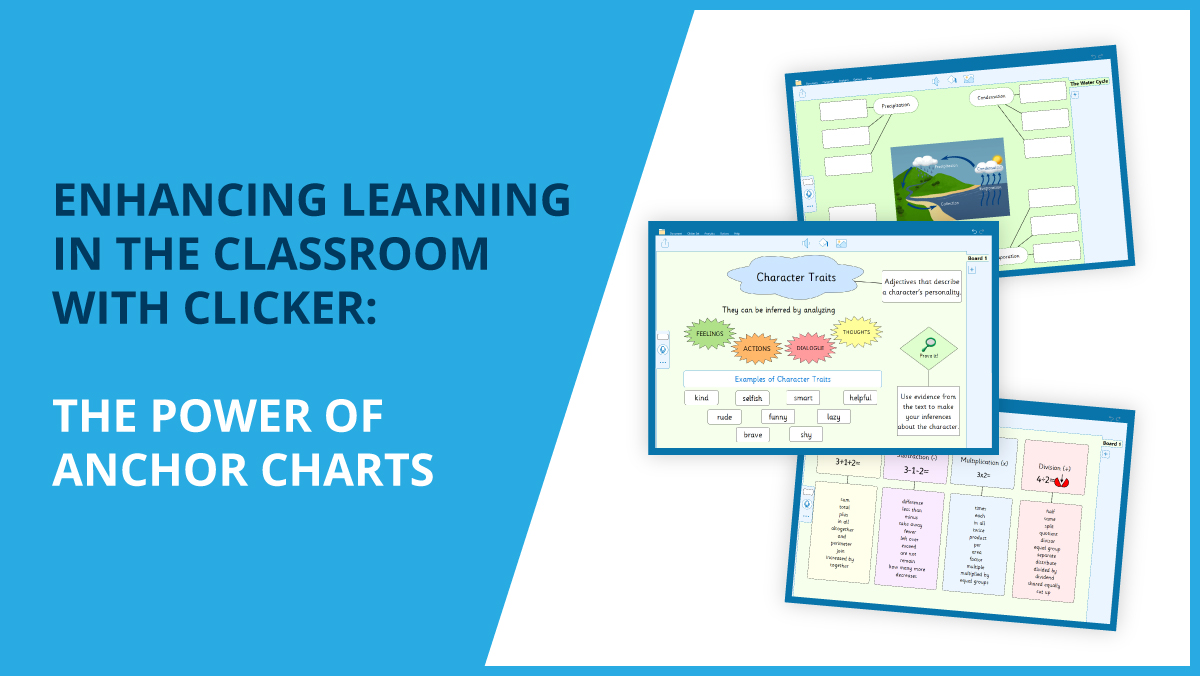In August the JCQ released the latest update in the Access Arrangements guidance for England and Wales. After giving this a read I noticed an interesting change that could impact candidates sitting exams in the future. There are many tweaks and modifications in the update, but the one that stuck out to me was regarding candidates using a Reader/Computer Reader.
Change in Evidence of Need
The 2018-2019 guidance stated that:
‘SENCos must have clear evidence that a computer reader/reader is needed. So as not to give an unfair advantage, the SENCO’s letter or file note (written on centre headed paper/template, signed and dated) must:
- confirm that the candidate has persistent and significant difficulties in accessing written text and is disabled within the meaning of the Equality Act 2010;
- include evidence of the candidate’s current difficulties and how they substantially impact on teaching and learning in the classroom;
- show the involvement of teaching staff in determining the need for a computer reader/ reader;
- confirm that without the application of a computer reader/reader the candidate would be at a substantial disadvantage;
(For example, in cases of severe autism or where the candidate has Social, Mental and Emotional Needs, the removal of a reader where it has come to reflect the candidate’s normal way of working within the centre could lead to a severe adverse reaction.)
The candidate would be at a substantial disadvantage when compared with other, non-disabled candidates undertaking the assessment.
- confirm that a computer reader/reader is the candidate’s normal way of working within the centre as a direct consequence of their disability.
The SENCo’s detailed information, as above, will be supported by:
- a letter from CAMHS or a HCPC registered psychologist or a psychiatrist; or
- a letter from a hospital consultant; or
- a letter from the Local Authority Educational Psychology Service; or
- a letter from the Local Authority Sensory Impairment Service; or
- a letter from the Occupational Health Service†; or
- a letter from a Speech and Language Therapist (SaLT); or
- a current Statement of Special Educational Needs, or an Education, Health and Care Plan, which confirms the candidate’s disability.
For the 2019–2020 guidance the document now reads:
‘Evidence of need for all types of disability
5.5.5 The SENCo must produce a short concise file note on centre headed paper, signed and dated, confirming the nature of the candidate’s impairment and that the use of a computer reader and/or a reader reflects his/her normal and current way of working within the centre.
For candidates with learning difficulties assessment evidence and Form 8 is no longer required.
However, the SENCo must be satisfied that:
- the candidate has an impairment which has a substantial and long term adverse effect, giving rise to persistent and significant reading difficulties; and
(The candidate is disabled within the meaning of the Equality Act.)
- there is a genuine need for the arrangement.
A computer reader/reader will be awarded on account of:
- cognition and learning needs;
- communication and interaction needs;
- a medical condition;
- sensory and physical needs;
- social, mental and emotional needs.
Essentially, the level of evidence required for a candidate to qualify for a reader has been reduced. Previously the SENCo needed to prove that without the reader the student would be at a substantial disadvantage. Proving this required detailed information from the SENCo and supporting information from a qualified 3rd party. Now the SENCo just needs to be satisfied that the use of a reader is the candidate’s ‘normal and current way of working’ and that there is a genuine need for the arrangement.
It should now be much less time-consuming to get a candidate a reader when needed.
Our talking word processor DocsPlus is a great option for students who require additional access in exams – provided that it is their usual way of working. Not only can DocsPlus save schools time and money that would otherwise be spent on human scribes and readers, it also enables students to participate more independently.
You can find out which elements of DocsPlus can be turned on or off in Exam Mode by referring to the table on this page.
You can also find lots of really useful information in this ‘Ask the expert’ access arrangements Q&A webinar hosted by Dr Abi James, where she answers key questions about implementing the access arrangement regulations correctly and effectively.
If you would like to learn more about the how the changes to the JCQ’s guidelines could affect your students, please don’t hesitate to contact me at training@cricksoft.com.





